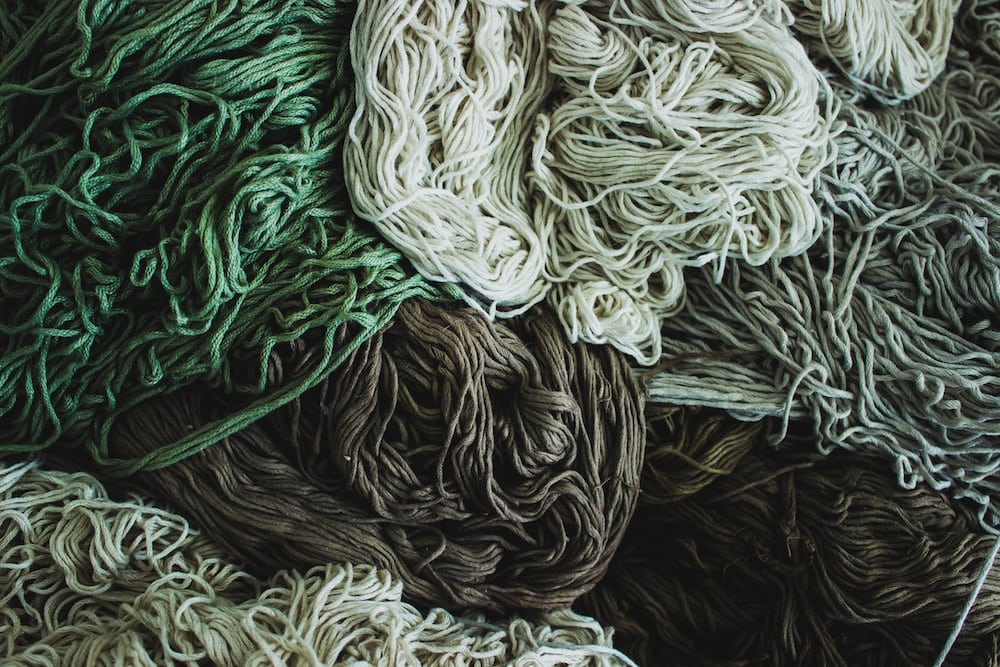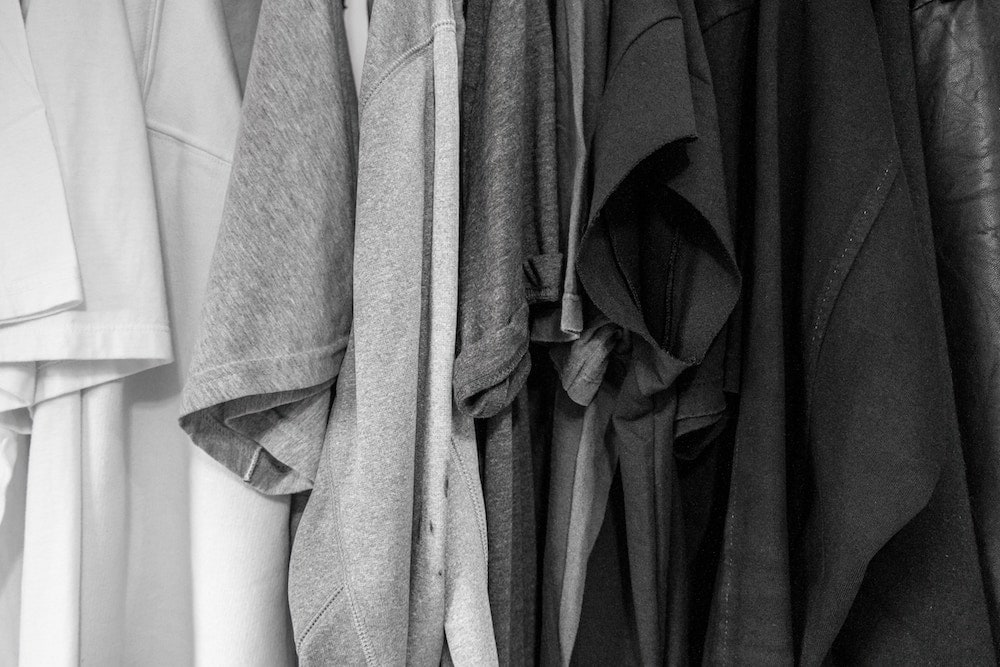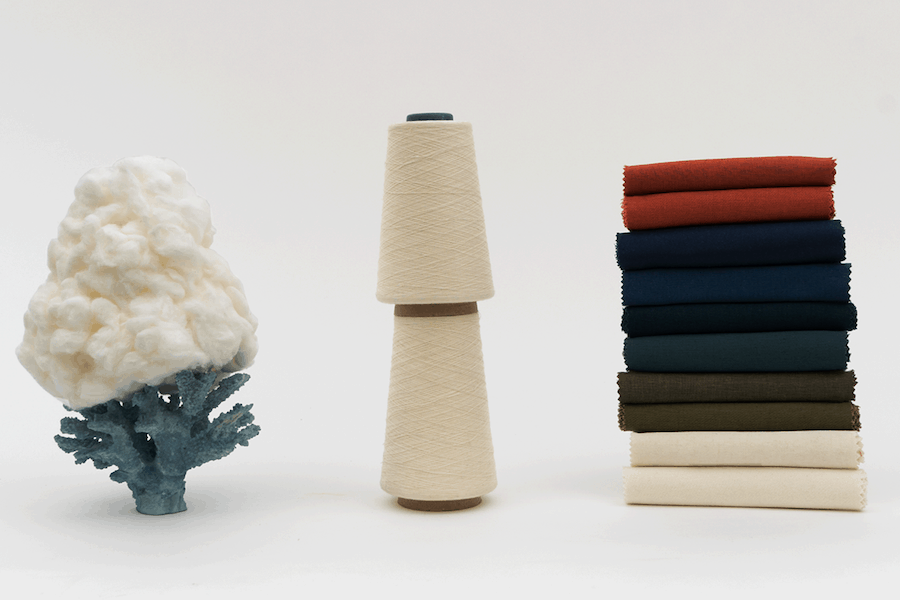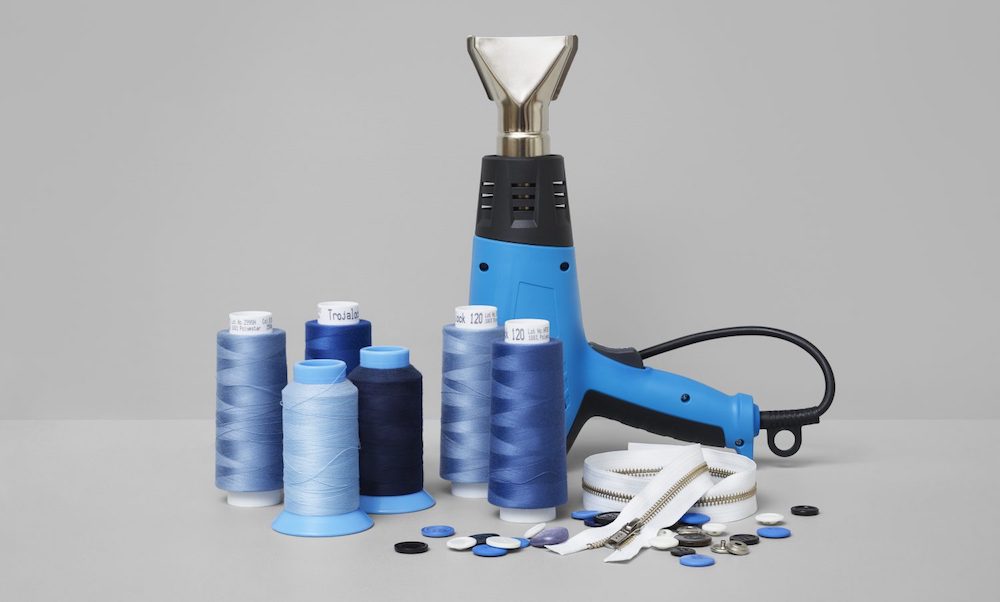Fast fashion has been a hot topic for the past year as scrutiny over unsustainable practices zeroes in on polluting industries from meat to fossil fuels. According to a 2019 report from the EU on the environmental impact of the textile and clothing industry, European clothing companies have increased production from an average of two collections annually in 2000 to five in 2011; worse still, notorious fast-fashion brands like Zara produce up to 24, while H&M produce 12-16 collections every year, says the report. That’s a high turn-over of fashion trends, reflected in our 40% increase in clothing spending and the fact that a third of the clothes in our wardrobes haven’t been used in over a year.
“I think we are going into a new era of sustainable, ethical, more inclusive, and intelligent fashion,” says Irene Forte, wellness director of Rocco Forte Hotels, Global Wellness Summit Advisory Board member and entrepreneur.
Noting that consumers are already reusing and repurposing their existing wardrobes with sustainable fashion startups that offer pre-loved retail or wardrobe-rental options, Forte says the second-hand clothing market is growing 24 times faster than the first-hand clothing market and predicts that the direction of sustainable fashion trends will change over the coming year with improved technology. Forte shares with Compare Retreats her top innovative sustainable fashion companies who are shaking up the fashion industry in 2020 and beyond.

Reflaunt
“Reflaunt is a technology that promotes ‘circular economy’ by connecting fashion brands with the secondary market,” explains Forte. “The technology allows customers of brands to resell, donate or recycle their past purchases directly from the e-commerce site of the brand with the click of a button.” Brands retain authneticity and ownership of their products, while retaining customers through the fashion process from new purchase to second-hand resell. The sustainable fashion startup has the backing of some of the biggest names in fashion, like Vogue Fashion Editor Giovanna Battaglia and CEO of Vestaire Collective Max Bittner, so you know its the real deal.

Algalife
Examplifying the wellness fashion trend, this fashion startup creates natural textiles with healthful properties. “Algalife is introducing new materials which positively affect both the environment and the human skin, created from microorganism algae, which is a renewable and healthy microorganism that contains valuable substances like proteins, vitamins, and antioxidants,” says Forte. “These new innovative pigments and fibers are set to dramatically change and reshape the fashion industry.” Calling itself ‘the textile of tomorrow’, the Algalife fabric uses less water in its production, utilising solar power and biodegradable and renewable sources. Better yet, it’s 100% chemicals and pesticide free and creates zero waste—hopefully more brands will take an algae out of their book.

Nature Coatings
“Nature Coatings coverts waste wood into high-performing black pigments,” says Forte. These pigments are then used for anything from car interiors to printing to runway fashion, and emit no CO2 as well as being less toxic for consumers with 90-100% less Polyaromatic Hydrocarbon than other black pigments. The process uses only waste wood that’s from “sustainable FSC certified forests” and no extra energy is required in the process—expect to see more innovative and sustainable solutions like this in fashion for years to come.

Circular Systems
“Circular Systems is a materials science company, focused on the development of innovative circular and regenerative technologies, transforming waste into valuable fiber, yarn, and textile fabrics for the fashion industry,” explains Forte. The company creates three textile products: Agraloop (a biofibre composed of tranformed crop and food waste), Orbital (a high-performance hybride yarn of recycled and organic cotton with plastic waste), and Texloop (recycled textiles made of pre- and post-consumer waste as well as industry textile cuttings). Through these innovative textile solutions, Circular Systems has actually managed to comply with and address all 17 of the UN’s Sustainable Development Goals.

Unspun
Denim is one of the most unsustainable textiles we have today, using large volumes of water, cotton and blue dye—not to mention the huge volumes of waste. This venture-backed robotics company has a solution though. “They build custom jeans for each consumer, on demand,” Forte explains, “while trying to reduce global carbon emissions by 1% through its manufacturing processes.” Customised clothing in itself is already a waste-prevention method: better fitting clothes that are tailored to a person’s shape and preferences means they’re more likely to wear it and for longer. Unspun uses 3D scanning technology to help customers shop online for the perfect-fitted jeans, made just for them from upcycled denim material, providing more longevity for your fashion choices and the planet.

Resortecs®
One of the biggest barriers in recycling unwanted garments is the removal of detailing like buttons and zippers, so the process becomes expensive, laborious and often doesn’t get done. Enter Resortecs®. “They’ve created a thread that simply dissolves at a high temperature,” says Forte. Disolving the problem into thin air, there’s now no barrier to recycling any and all materials—especially when Resortecs® incredible technology can be used on existing garment manufacturing and recycling machines.



